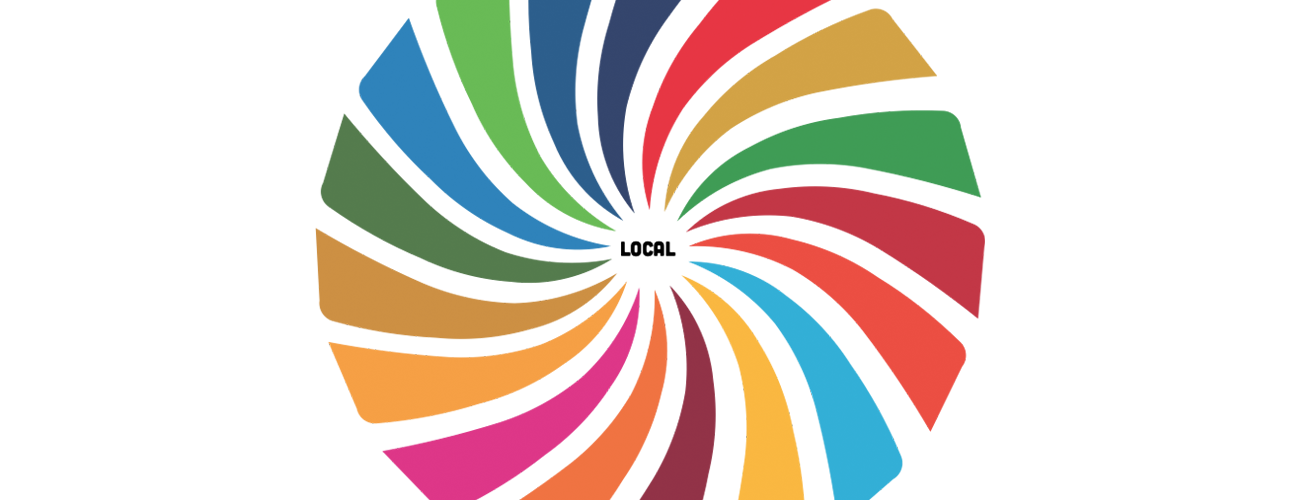Despite advancement in some areas, countries around the world are still not on track to achieve the Sustainable Development Goals (SDGs). The transformation needed to achieve these goals depends on innovation and initiatives that build on existing capacities and fit the needs of local contexts, yet the 2030 Agenda remains largely unknown at the local level. Therefore, a key avenue for progress is to move the focus below the national level to the subnational level, including cities and communities.
Toward this end, together with partners including the UN Trust Fund for Human Security and the Government of The Gambia, the International Peace Institute hosted a forum in Banjul on “Localizing the 2030 Agenda: Building on What Works” in October 2019. This forum provided a platform for learning and sharing among a diverse group of stakeholders, including government officials from both the national and municipal levels, UN resident coordinators, and civil society representatives.
Drawing on the discussions at the forum, this report highlights the path some West African countries have taken toward developing locally-led strategies for implementing the 2030 Agenda. It focuses in particular on four key factors for these strategies: ownership across all levels of society; decentralization; coordination, integration, and alignment; and mobilization of resources to support implementation at the local level.
For more information related to IPI’s work during the 2020 High-Level Political Forum on Sustainable Development, see here.










